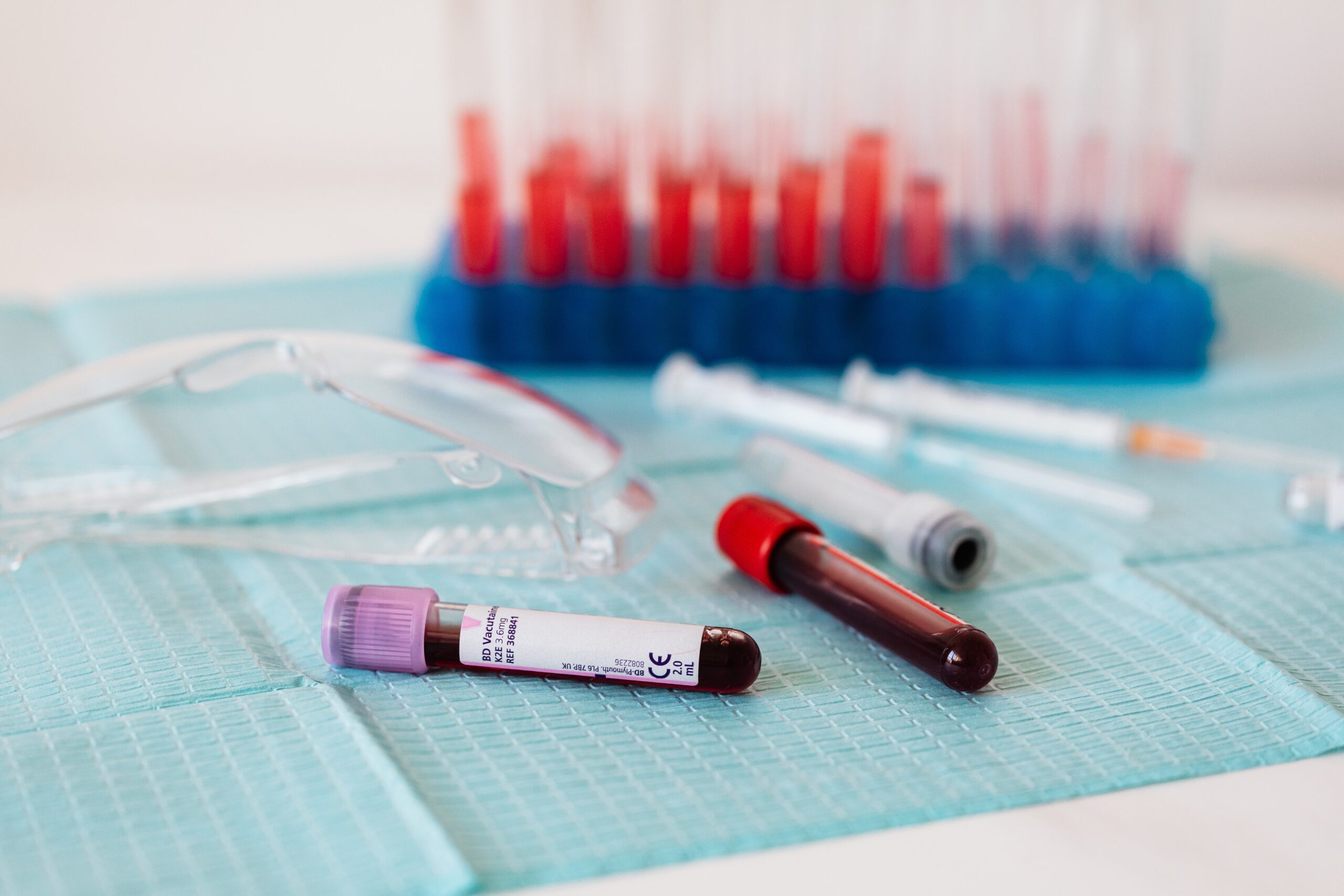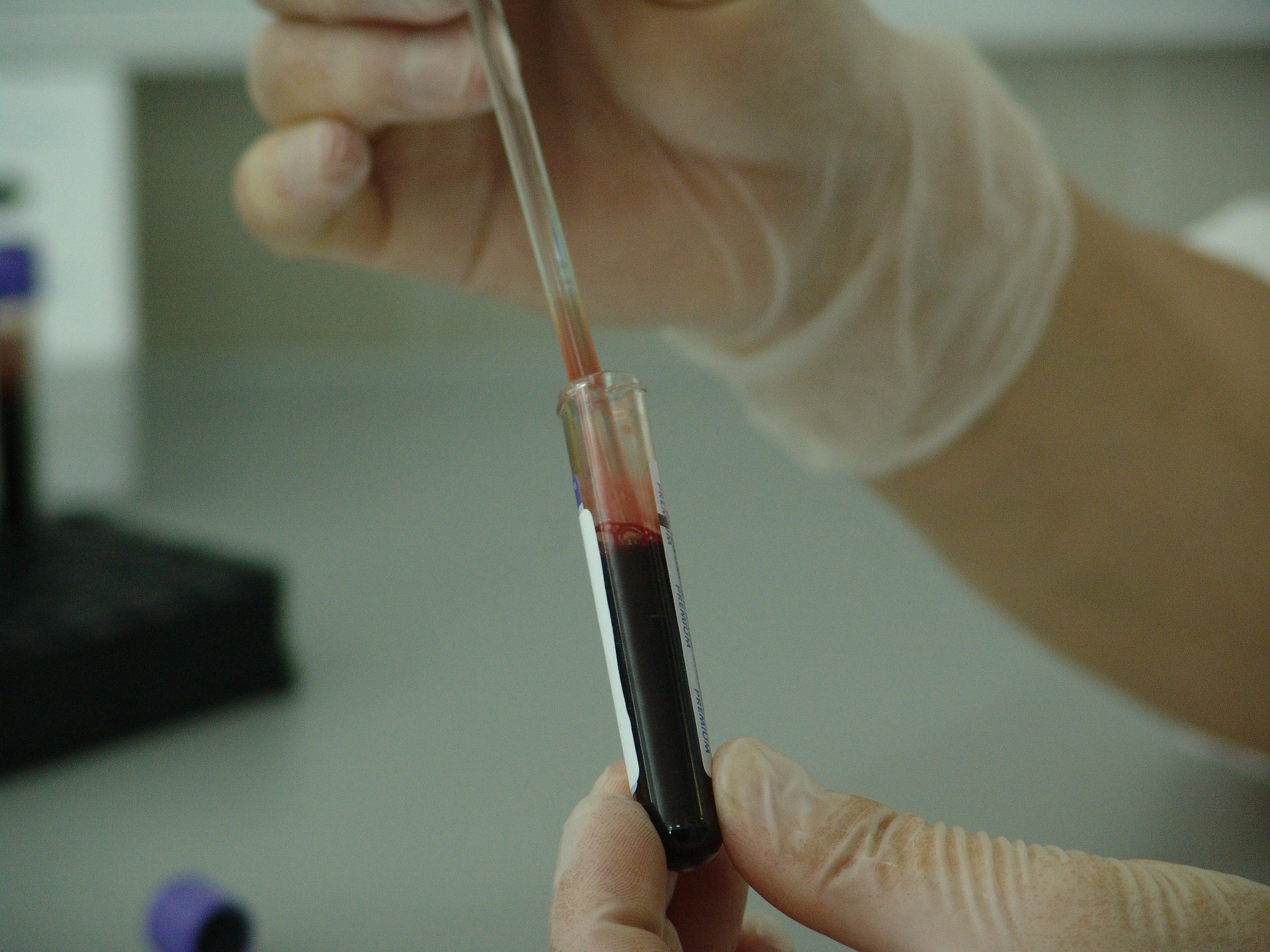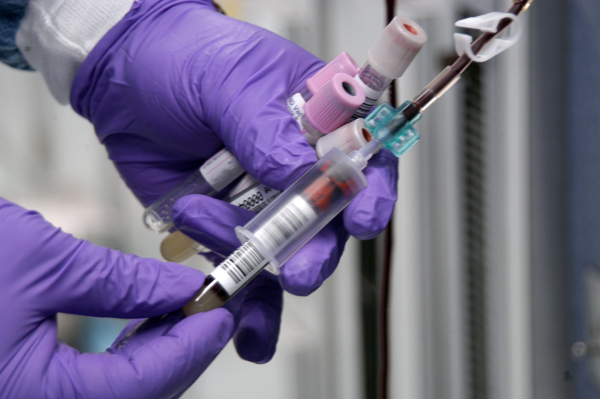The UK’s National Health Services (NHS) is launching a pilot program for a multi-cancer blood test that will involve 165,000 people.
The test has been developed by California-based healthcare company Grail Inc., whose mission is to detect cancers early. The company announced the NHS partnership this week, saying that it plans to make the cancer blood test — called Galleri — available to patients in the UK in 2021.
The test can detect up to 50 different types of cancers from a single blood sample.
Earlier this year, Grail published data showing that the cancer screening blood test can identify cancers across different stages of growth, including 12 early-stage cancers.
Many cancers are diagnosed at late stages when treatment options become ineffective. Grail says that based on modelling data from its study, the test could potentially decrease the number of late-stage cancer diagnoses by nearly half and, in turn, reduce the total number of cancer deaths by about 20 percent.
Related: Grail Gains FDA Breakthrough Status for Multi-Cancer Blood Test
“Every year, nearly 200,000 people in the UK die from cancer,” said Lord David Prior, chair of NHS England. “Many of these people are diagnosed too late for treatment to be effective.”
The NHS says more than 80 percent of all cancer deaths in the UK are from types that do not currently have a recommended screening test.
According to Grail, the NHS pilot program will include about 165,000 people in the UK who will be divided into two groups — the first will include 140,000 people over the age of 50 without any suspicion of cancer, and the second will include 25,000 people aged 40 and above with suspicious signs or symptoms of cancer.
Based on data from the program, the test could be made available to almost one million people by 2025, with expanded access to even more people thereafter.
“The collaboration between Grail, NHS England, and the UK government represents a novel approach to taking on one of the world’s biggest public health challenges,” said Grail CEO Hans Bishop. “We are excited to partner with the UK government to support the NHS Long Term Plan for earlier cancer diagnoses, and we are eager to bring our technology to patients in the UK, and potentially save many lives.”
Circulating DNA
The test is based on the identification of cancer-associated methylation signatures on DNA shed from tumor cells in the blood. The addition of methyl groups to DNA bases — namely cytosine and guanine in so-called ‘CpG islands’ — regulates the expression of genes. Methylation patterns of DNA from tumor cells are distinctly different from those of normal DNA, allowing the detection of specific tumors in the body.
“Our previous work indicated that methylation-based tests outperform traditional DNA-sequencing approaches to detecting multiple forms of cancer in blood samples,” said co-lead author Geoffrey Oxnard, a medical oncologist at the Dana-Farber Cancer Institute, in reference to the study published earlier this year. “The results of this study suggest that such assays could be a feasible way of screening people for a wide variety of cancers.”
Grail has an ongoing Circulating Cell-free Genome Atlas study that has more than 15,000 participants, both with and without cancer diagnoses. In the clinical validation study conducted in the US, an earlier version of Galleri detected different cancer types with a false positive rate of less than one percent.
Moreover, the 12 different early-stage cancers that it was able to detect account for nearly two-thirds of all cancer deaths in the US, even before they spread to other parts of the body. These included gastrointestinal cancers, such as that of the esophagus, bladder, liver, pancreas, stomach, colon, anus and rectum; head and neck, lung and ovarian cancers; as well as lymphoma and multiple myeloma.
Grail began as a spinoff from Illumina, which re-acquired the company for $8 billion in September. The move may help propel the DNA sequencing giant into the clinical testing and growing cancer diagnostics market.











Join or login to leave a comment
JOIN LOGIN